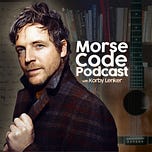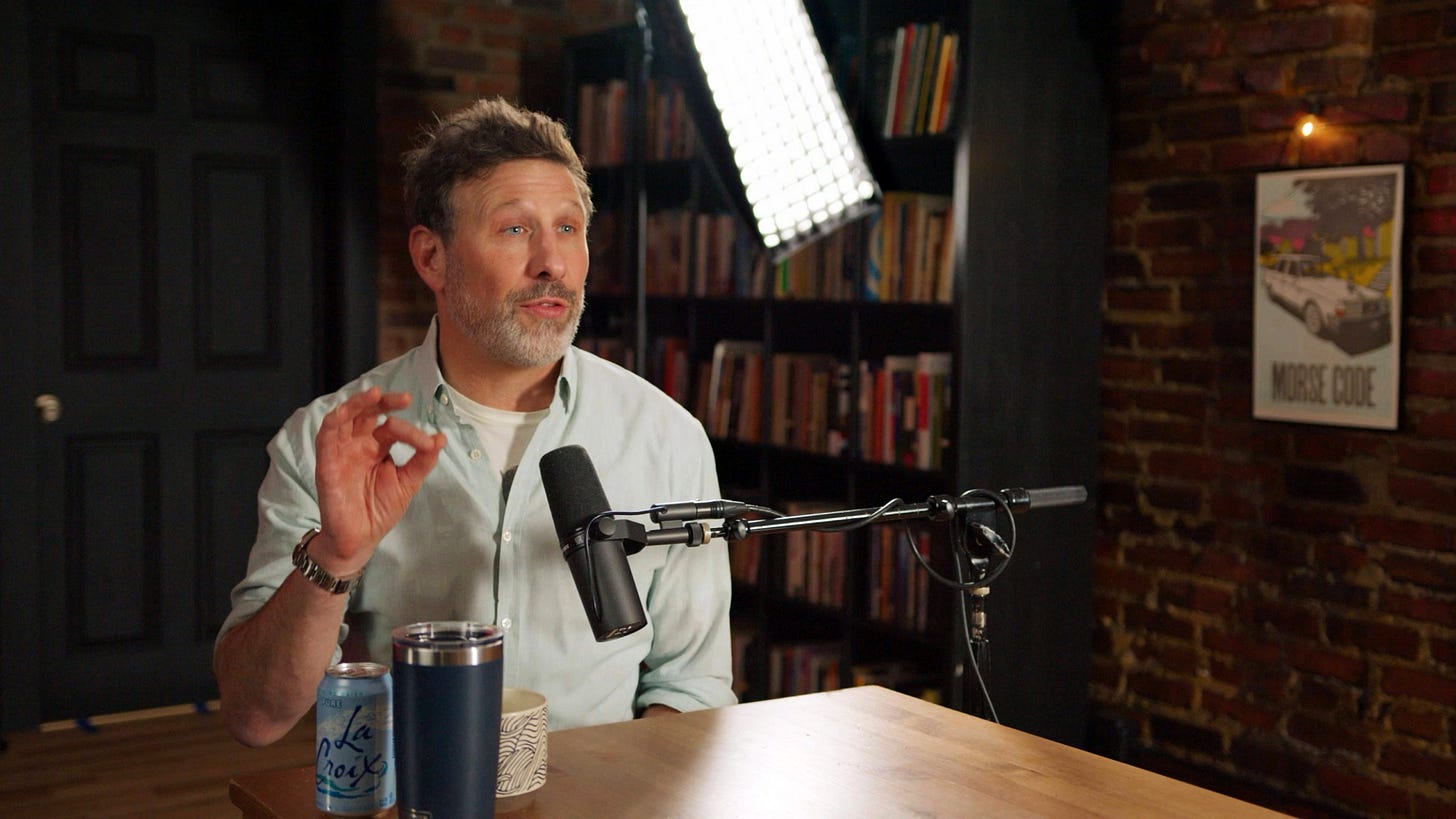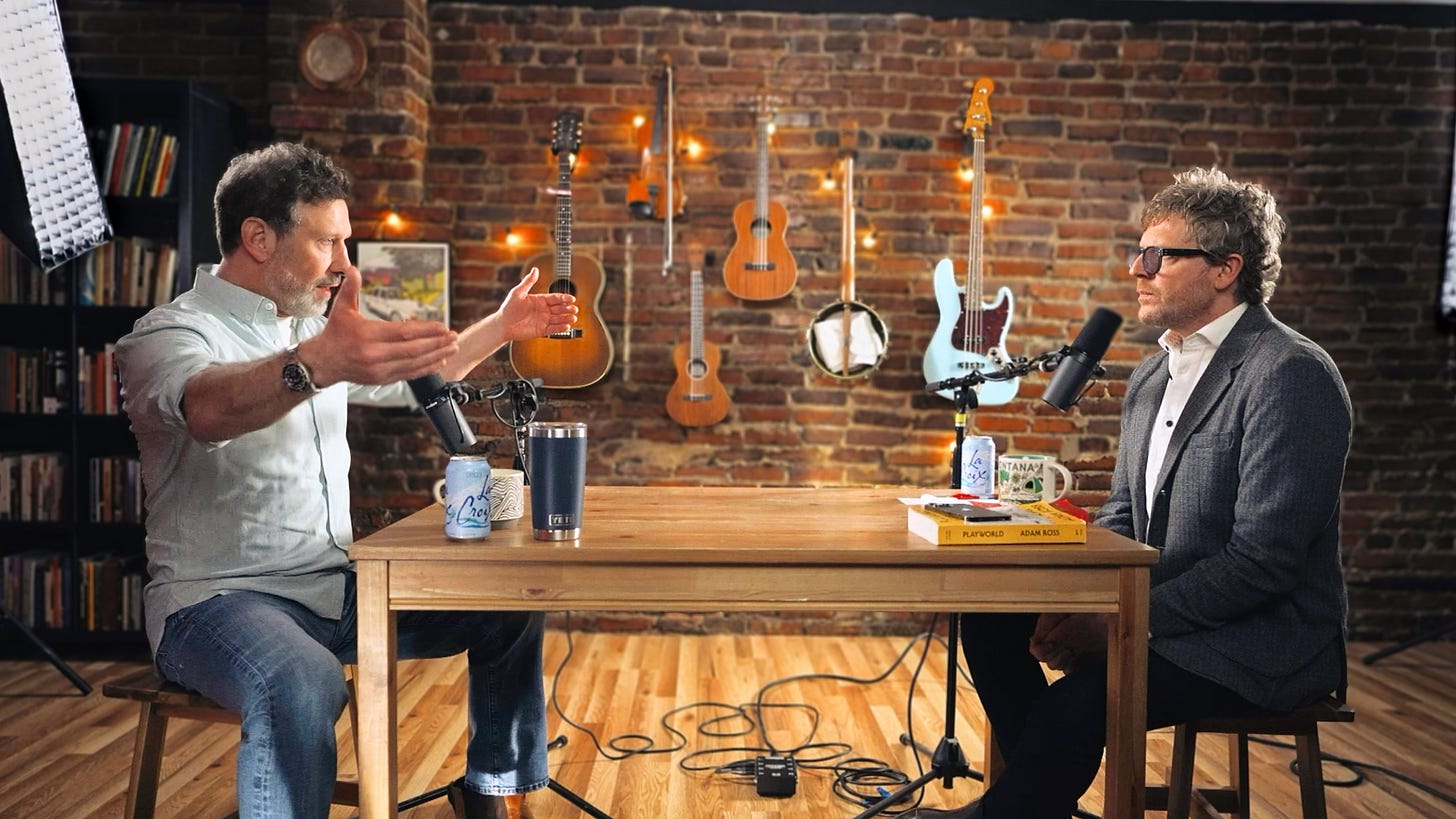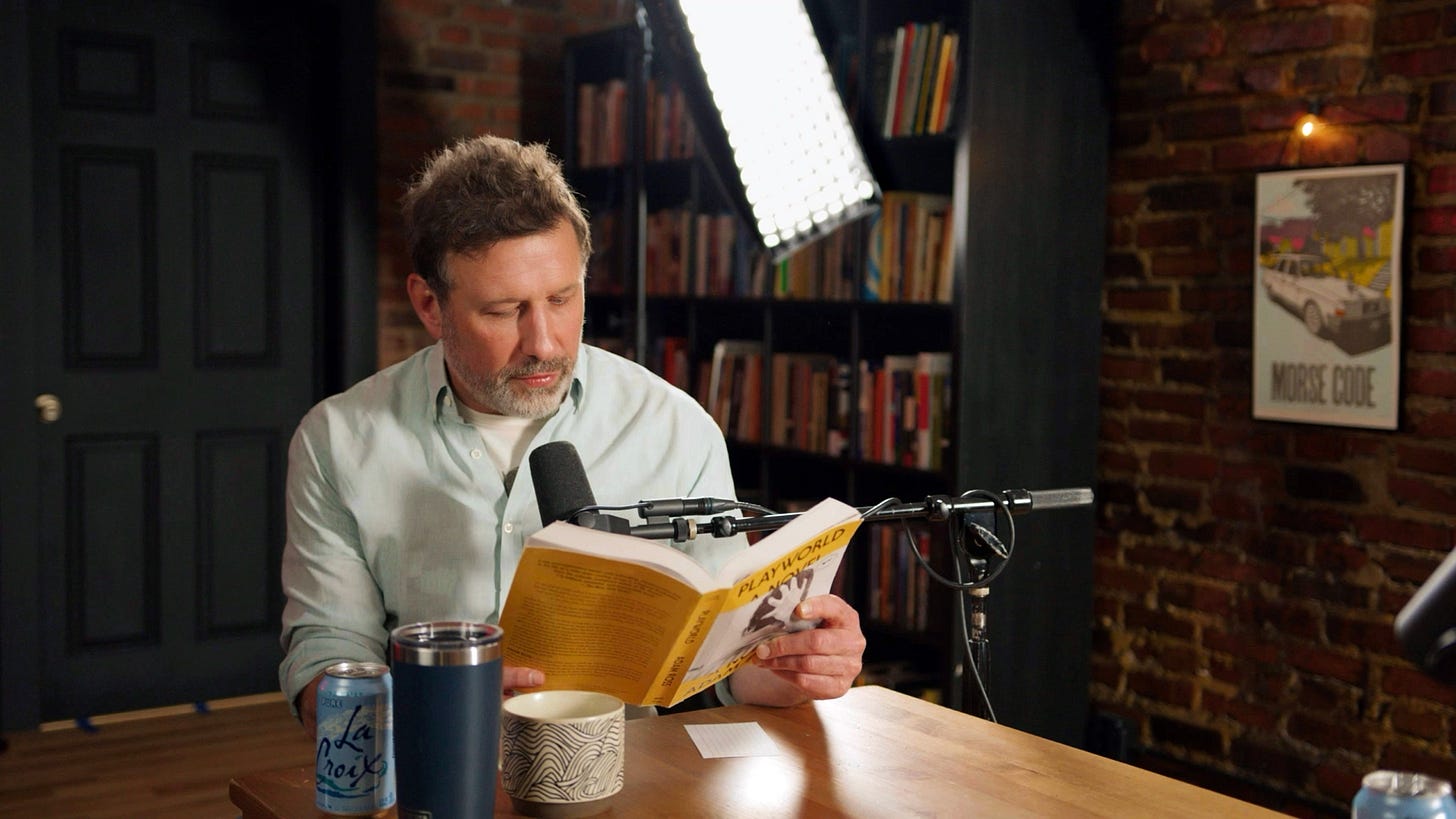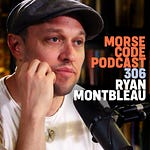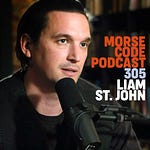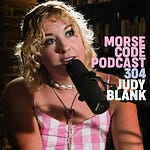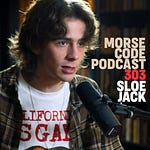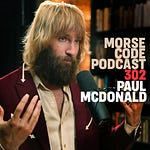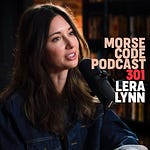Published just two days ago, Adam Ross’ second novel, Playworld — some dozen-plus years in the making — is one of the best books I’ve read in the last five years. I’m not alone! Sources no less venerable than The New York Times, the LA Times, the Boston Globe, the Wall Street Journal, are all lining up to sing its praises. “Dazzling and endearing,” writes Vogue. The Washington Post croons: “The book is quote so good, it will give readers hope for the year ahead.” Everyone is in love with this novel.
Here’s how it opens:
“In the fall of 1980, when I was fourteen, a friend of my parents named Naomi Shah fell in love with me. She was thirty-six, a mother of two, and married to a wealthy man. Like so many things that happened to me that year, it didn’t seem strange at the time.”
Set in New York, Ross’s bildungsroman (a pointy-headed word for “coming of age story”) follows a year in the unusual life of Griffin Hurt — a child actor, prep school 8th grader, aspiring wrestler and potential love interest of one Naomi Shah.
What sets it apart from similarly ambitious romps, like Cloud Cuckoo Land, or A Gentleman in Moscow? The sentences are better dancers, for one. And the world building is so delightfully specific. Picture a line of fourteen-year-old boys, silently lining up for a wrestling meet’s official weigh-in, some “hairy as fathers.” A minor character’s teeth are said to be “fantastic, separate unto him, like furniture in his mouth.”
But great language and an evocative setting — it’s not enough that a book entertain, or even wow. What sets Playworld apart is this: the pages are suffused with love, the great and complicated and imperfect love between people who themselves are, in spite of their shortcomings, vanities, or outright crimes, worthy of it.
In this freewheeling conversation Adam and I discuss his approach to writing the novel, which I frame in the architect vs gardener approach. We talk about parenting in the 1980s versus now, and how Adam was careful not to allow Playworld to become the nostalgic celebration of yesteryear it might have otherwise been. We discussed one of the the themes: the tension many of us feel between filial loyalty and personal desire. And finally I asked him to read an excerpt from the book’s middle, one that gets at the complicated relationship between two of the story’s principle characters — Griffin and his dad — and also what makes Griffin’s particular feelings of deficit so painfully relatable.
Somewhere in there, I, fumbling around for a question that might get under some of the dazzling technique, the funny flawed characters, the dramatic surprises, finally asked him what personal quest — if any — he was on in writing Playworld.
“I wanted to write something beautiful,” he said.
I hope you enjoy this one — the book, and this conversation — as much as I did.
~korby


